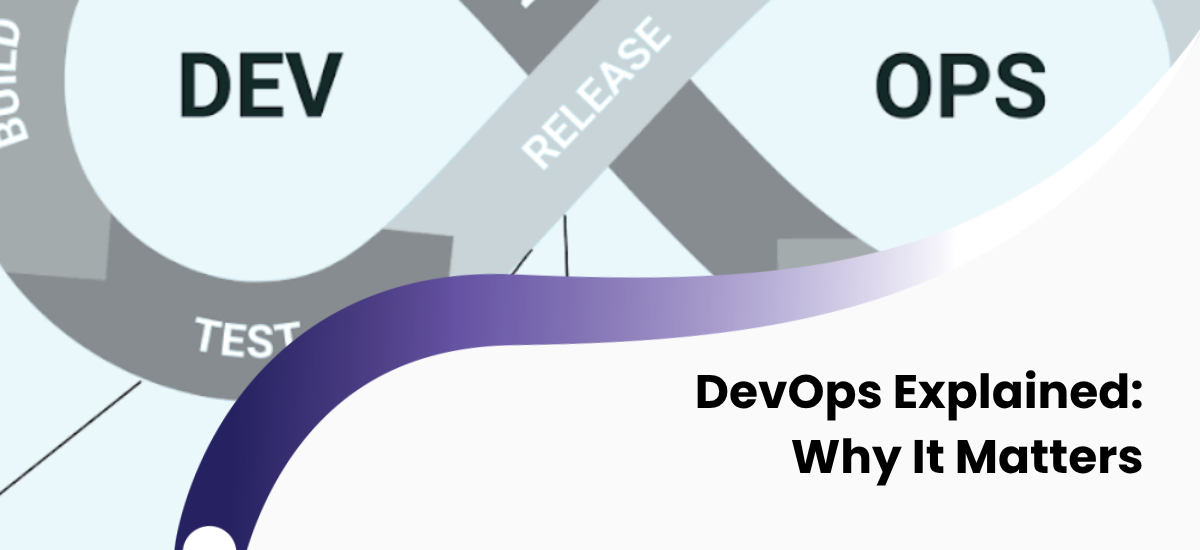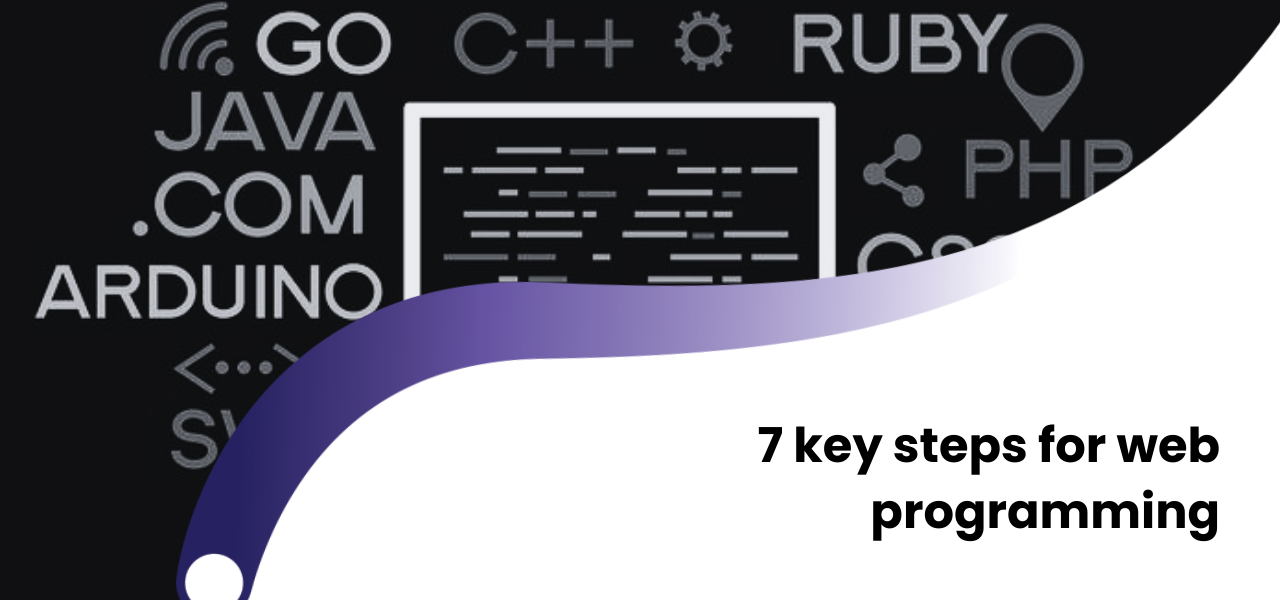In today’s technology-driven world, everything is evolving faster than ever. Whether it’s a startup or a large enterprise, every organization wants to work more efficiently, deliver products faster, and keep their systems stable. One of the key approaches born from this need is DevOps. But what exactly is DevOps, how does it work, and why is it so important for companies? Let’s break it down step by step.
DevOps is a combination of the words “Development” and “Operations.” In simple terms, it acts as a bridge between software developers and system administrators. Traditionally, developers wrote the code and then handed it over to the operations team — often leading to deployment issues, delays, and communication gaps. DevOps solves this problem by turning the entire process into an integrated, automated, and collaborative model. From writing and testing the code to deployment and monitoring, everything happens within a unified system. The result: fewer errors, faster releases, and more stable software performance.
Why DevOps Is Important for Companies
Modern businesses can no longer rely solely on building a good product. The competition is fierce, and every second matters. The DevOps approach gives companies the ability to develop faster, release more efficiently, and maintain systems with fewer errors. For example, in traditional models, a software update could take weeks to deploy — but with DevOps, it takes only minutes. CI/CD pipelines automatically test, verify, and deploy code to production environments once it’s ready.
Main Stages of the DevOps Process
DevOps should not be viewed as a single technology but rather as a combination of interrelated processes.
- Continuous Integration (CI): Code changes are continuously integrated and tested.
- Continuous Deployment (CD): Tested code is automatically deployed to production.
- Infrastructure as Code (IaC): Managing infrastructure (servers, networks, etc.) through code.
- Containerization (Docker, Kubernetes): Running and managing applications in isolated containers.
- Monitoring and Site Reliability Engineering (SRE): Ensuring the system’s stability and performance at all times.
The goal of these stages is to achieve speed, security, and reliability simultaneously.
The Impact of DevOps on Business
DevOps is not just a technical practice — it’s a strategic advantage for businesses of all sizes.
- Reduced costs: Automation minimizes manual effort and resource waste.
- Faster innovation: New ideas can be tested and delivered to market much faster.
- Team synergy: Developers, designers, DevOps engineers, and QA specialists work in sync.
- Customer satisfaction: Fewer errors, more stable systems, and faster updates mean happier clients.
Today, companies like Amazon, Netflix, Google, and Microsoft use DevOps as a core part of their success model. From a technical perspective, DevOps engineers build and maintain the core infrastructure using powerful tools such as:
- GitLab CI/CD – for continuous integration and deployment.
- Docker – for containerizing and managing applications.
- Kubernetes – for orchestrating and scaling containerized environments.
- Terraform and Ansible – for automating infrastructure management.
- AWS and Azure – for cloud-based resource management.
When all these tools work together, DevOps becomes a fully automated and efficient ecosystem.
The Future of DevOps
DevOps is getting smarter every day. Emerging trends like AI-Driven DevOps, AIOps, GitOps, and Serverless architectures are transforming how teams build and manage systems. Soon, systems will be able to monitor themselves, detect issues, and even fix them automatically. DevOps will continue to be one of the most in-demand IT careers of the future.
Start Your DevOps Career
If you want to build a career in one of the most in-demand areas of IT and learn technologies like AWS Cloud, Docker, Kubernetes, and CI/CD, you can join the DevOps course at Crocusoft Academy. This practical training is designed to help you master DevOps fundamentals and tools in real-world environments in a short period.
Frequently Asked Questions (FAQ)
What is DevOps?
DevOps is a methodology that combines software development and operations to deliver applications faster, more reliably, and more efficiently.
What are the benefits of DevOps for companies?
DevOps enables faster development cycles, automation, efficient deployment, and fewer errors, leading to higher productivity and better product quality.
What does a DevOps engineer do?
A DevOps engineer manages CI/CD pipelines, cloud infrastructure, Docker, Kubernetes, and automation systems to maintain stability and efficiency in production.
Is DevOps difficult to learn?
With the right foundation and hands-on practice, DevOps is very learnable. Consistent application of skills in real projects helps you become proficient over time.
Is there demand for DevOps professionals in Azerbaijan?
Yes. The demand for DevOps engineers is growing rapidly in banking, telecommunications, e-commerce, and enterprise IT sectors across Azerbaijan.
 +994512060920
+994512060920





